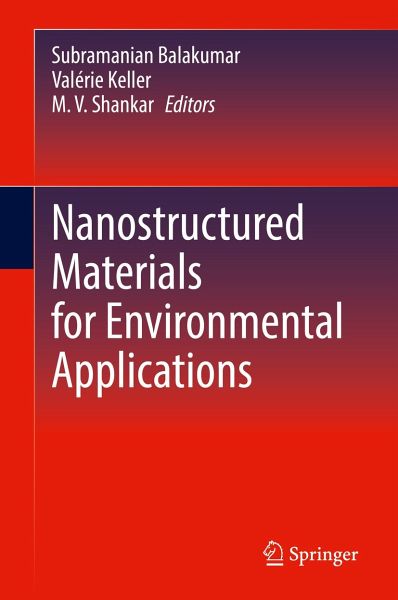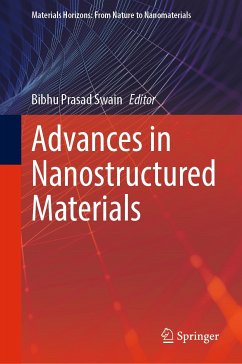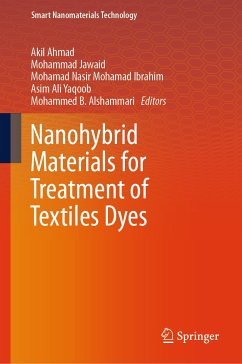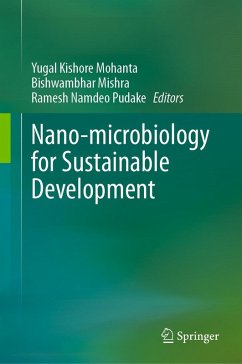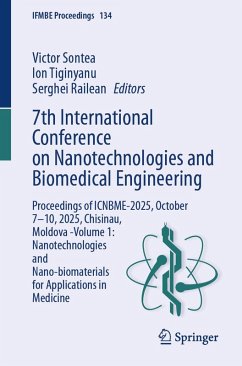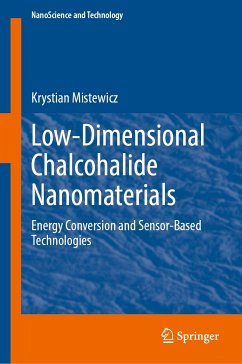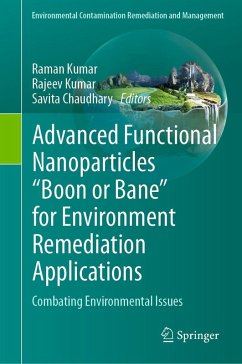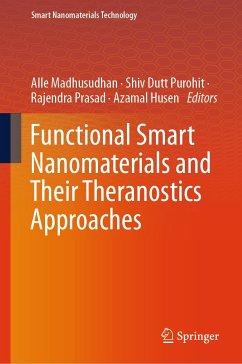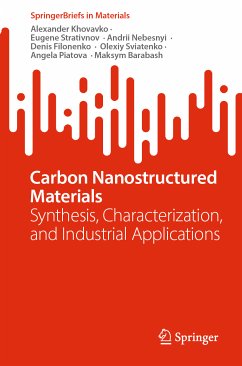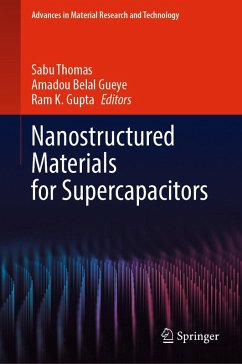Prof. S. Balakumar, FRSC, FASCh., is a Professor and the Director of the National Centre for Nanoscience and Nanotechnology, University of Madras. He is a distinguished academician and a researcher par excellence in the field nanoscience. He received his Ph.D in Faculty of Sciences, from the prestigious Anna University, India in 1996 and further escalated his research competence as a Post doctoral fellow with Prof. J.B.Xu, Department of Electronic Engineering, The Chinese University of Hong Kong, Hong Kong from 1995-1997, and subsequently, worked as NSTB post doctoral fellow with Prof. Zeng Hua Chen, Department of Chemical Engineering, National University of Singapore from 1997-1999. His remarkable stint in industry began as a Senior Research Engineer in Chartered Semiconductor Manufacturing Ltd, Singapore (now- Global Foundries, Singapore) till 2002 and consecutively worked as Senior Scientist at A-Star Institute of Microelectronics till 2008. In addition to his presence in industry he remained deeply connected with academia as an Adjunct Associate Professor, Department of Mechanical Engineering, National University of Singapore from 2004-2008. With intense urge in academics, he joined the highly renowned NCNSNT, University of Madras during November 2008. Predictably, he established an unsurpassable academic footprint with more than 250 papers in Peer Reviewed Journals and also has more than 8 US patents to his Credit. He has published several book chapters and edited many books. His versatile administrative capabilities emblazoned by organizing 40 international and National conferences, workshops, seminar, short term courses and Seminars during past 12 years. His formidable research conduct fetched him the role of Associate Editor of Chemical Papers Journal ( Springer) and serves as an Editorial Board Member for various journals. He has received more than 20 funded projects from various funding agencies. As an epitome of his credits he was recently bestowed with Tamil State Best Scientist Award 2018 (TANSA 2018 ) and received the Senior Scientist Award from TNHE- Science City during 2019. He was also conferred fellow of Royal Society of Chemistry. His research work includes Nanostructured materials for energy, environment and biomedical applications. Dr. Valérie Keller is a senior scientist (Research Director) at ICPEES-Institute of Chemistry and Processes for Energy, Environment and Health in Strasbourg (France). She received her Ph.D. degree in Chemistry and Catalysis from the University Louis Pasteur of Strasbourg in 1993. In 1996 she returned to Strasbourg and was appointed as researcher in CNRS, where she was promoted Research Director in 2012. She is now responsible of the Team "Photocatalysis, Photoconversion and Green Chemical Processes". Her main research activities concern photocatalysis for environmental, energy and health applications, and the synthesis and characterization of nanomaterials for photoconversion purposes. She is the author of over 130 publications in peer-reviewed journals and more than 100 oral communications in international conferences and symposium. She is also the author of 15 patents. In 2013 she was awarded the 1st Price of the Strategic Reflection (awarded by the French prime Minister, Manuel Valls). Since 2016 she is co-director of the French Solar Fuels (GDR) Network. Dr. M.V. Shankar is a Professor of Materials Science and Nanotechnology in Yogi Vemana University, Kadapa, Andhra Pradesh, India. He is leading Nanocatalysis and Solar Fuels research group in YV University. Renowned for his outstanding research work in the field of Photocatalysis for Hydrogen fuel production and multi-functional application of nanomaterials, he has authored/co-authored 122 publications and 6 patents having h-index of 36, i-10 index 65, average impact factor of 4.69 with 6124+ citations. Highlight of his research work is use of earth-abundant materials, simple concepts and scalable experimental methods in preparation of photocatalysts. He has proved that crude glycerol and sulphide containing wastewater can be used as a source for large-scale hydrogen generation under sunlight. He has chaired many national and international conferences, seminars, symposia, workshops and DST-INSPIRE programs. He has delivered several keynotes and invited lectures. Dr. Shankar has very good R&D collaborators in the area of energy, environment and health care applications. He has rich research experience in countries viz., France, Japan and Taiwan and recipient of several prizes, awards and fellowships. He is recipient of several awards, including Fellow of Indian Chemical Society, Charted Chemist and Fellow of Royal Society of Chemistry (FRSC), London. Dr. Shankar's researchwork has been highlighted in national news papers and TV channels, earning the mark of exceptional work.
